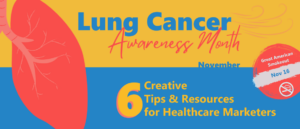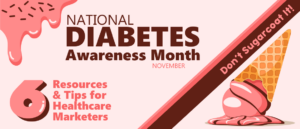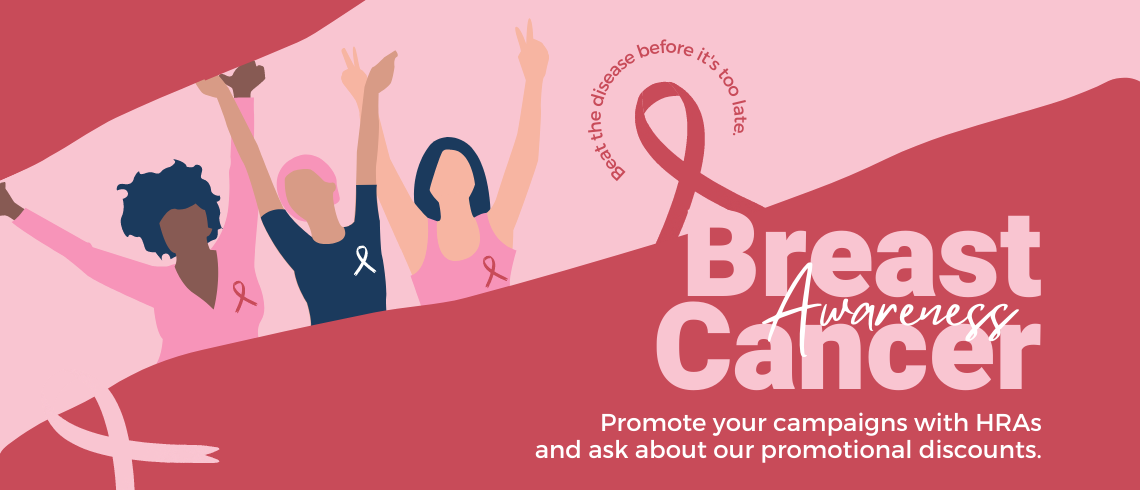
Hospital Marketers’ Strategies for Amplifying Breast Cancer Awareness
Make a Plan
Hospitals play a crucial role in promoting breast cancer awareness, prevention, and early detection for several reasons. First, breast cancer is one of the most common types of cancer affecting women worldwide. By raising awareness, hospitals can educate the public about risk factors, signs, and symptoms of the disease, empowering individuals to take the necessary steps for early detection and seek appropriate medical care.
Second, hospitals need to promote breast cancer awareness because early detection significantly improves treatment outcomes. Regular screenings, such as mammograms, can detect breast cancer at its earliest stages when it is most treatable. Hospitals can increase the likelihood of early detection by emphasizing the importance of screenings and offering them as part of routine healthcare services, leading to more successful treatment and improved survival rates.
Make it Count
We collaborate with health systems across the country and have helped many hospitals overcome “health month syndrome” because our Health Risk Assessments (HRAs) can be used all year long. You can capture contact information and address health concerns in a trackable, meaningful way, 24 hours a day, every day of the year. This approach provides real value from a promotional investment, benefiting both the hospital and the patients.
Our Breast Cancer Risk Assessment makes an excellent endpoint for social media promotions, magazine ads, TV and radio spots, etc., that you can run periodically throughout the year. It doesn’t require a significant investment. Women in your community want to rely on evidence-based assessments of their risk levels and comorbidities every month of the year. The opportunity for personalized follow-up that this kind of deep interaction allows is unparalleled. Take advantage of it 365 days a year!
You can also cross-promote other service lines based on the collected answers, especially for related health months. For example, if someone who completed a Breast Cancer Risk Assessment is obese or a smoker, you can offer them a Heart Month promotion based on a comorbidity. This is a simple example, but we can help you with more complicated segmenting. Just ask.
Make it Happen
Developing a year-long Breast Cancer Awareness program can be invaluable in achieving community health goals. It also helps improve patient experience scores and fosters brand loyalty and trust.
Curious about the type of people you should be focusing on? Wondering what to say to users post-completion? We can help. One of the great features of our HRAs is the Follow-Up Strategy Guides. Take a look at our Breast Cancer Follow-Up Strategy Guide for seven different personas with relevant calls-to-action.
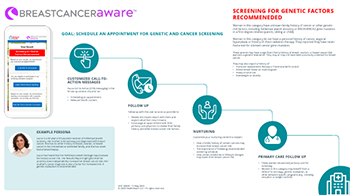
Take advantage of our special pricing on HRAs that align
with upcoming Health Awareness Months.
Click Here to Learn More 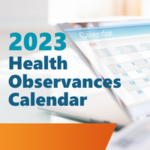
What else is happening in October?
Breast Cancer Awareness Month isn't the only thing happening in October. Check out our calendar to find out what other opportunities you can promote in October and year round.

